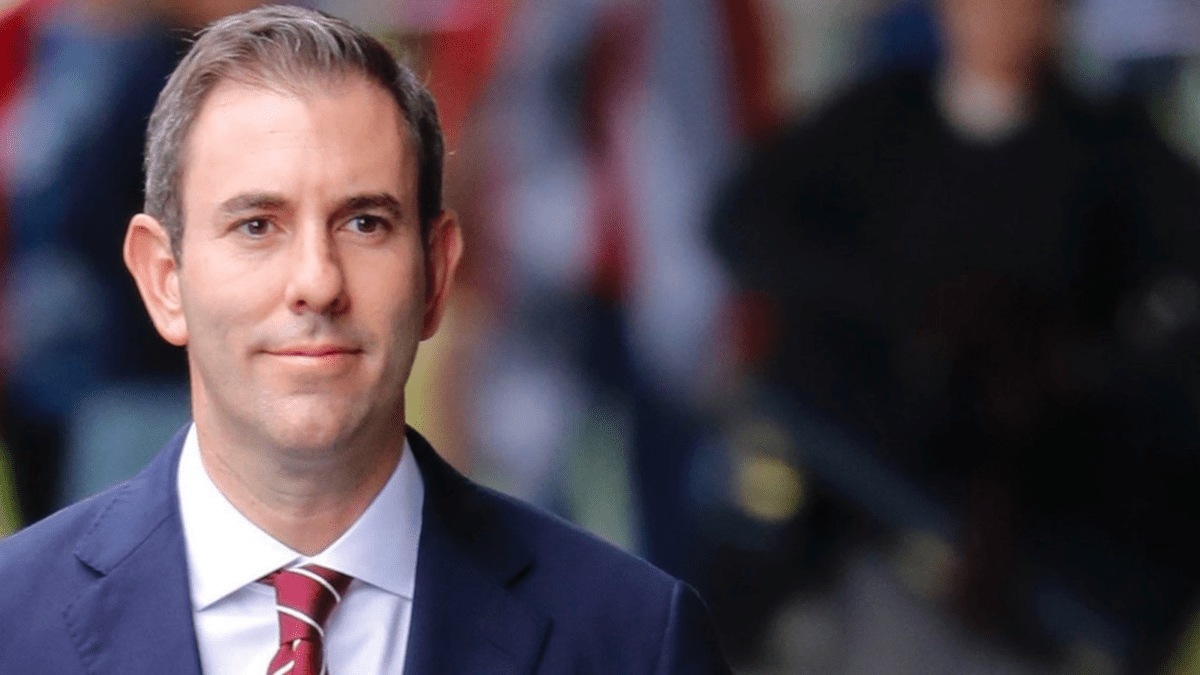Members back nation-building, but the devil is in the details
Members think the goals of nation-building projects are noble, but they want to see the money, according to new research on behalf of Industry Super Australia. The research, conducted by RedBridge, canvassed the views of soft voters in regard to superannuation policy offerings from all sides of politics, particularly the Coalition’s Super Home Buyer Scheme and Labor’s idea to partner with super funds for infrastructure projects.
Members were generally happy for funds and government to work together on projects that would improve their quality of life – for example, key worker or social housing – as long as the returns stack up; the Catch-22 comes from the question of whether returns will stack up, a question that super funds are currently trying to answer. And there was a “big no” for larger projects where the government is unclear on whether it will give them a good return.
“The only thing they were willing to look at was governments working with industry super to build programs and projects that will benefit their community and bring returns to members,” says Kosmos Samaras, director of RedBridge. “The key is if governments propose a policy that involves working with industry super, it has to be, at the front end, very clear to the public that this is going to bring back a return to members irrespective of how good this project may be ethically.”
The nation-building idea has been controversial since it was proposed by Treasurer Jim Chalmers, with critics warning that Australia’s retirement savings are at risk of being directed into white elephant projects. Earlier this month, financial services minister Stephen Jones conceded that the debate had gotten away from the government, but that nation-building investments were already happening organically.
“As we sit today, there are super funds of workers in Canada, in North America, Denmark, Singapore whose representatives are here in Australia saying they want to invest in some of the stuff we’re doing”, Jones said. “Whether it’s housing, commercial property, infrastructure or healthcare delivery – we say to ourselves, as a government, that it’s a bit weird if we’re partnering up with the super funds of workers in other countries to deliver projects of a social benefit but we’re not doing it with our own citizens’ super funds.”
And what respondents to the RedBridge research were “really down on” is proposals to use super for purposes other than retirement – i.e. for a house, under the Coalition’s policy. Samaras had thought that the Millennial segment would be “more inclined” to dip into their super for things like housing, but the research found they generally didn’t think of superannuation as a solution to their problems in the here and now (and didn’t think it should be a solution for the government’s problems either).
“As the economy becomes more fractious and things become more uncertain, people tend to become less and less willing to have governments play around with their super,” Samaras says. “It’s the only thing they can control; when you talk to Millennials, they don’t necessarily know how much is in it or what the percentage of earnings on it is, but it’s the only thing they have and they don’t trust the government in retirement to take care of them.”
“They’re moving through their young adult years with challenges that I think previous generations have not confronted. So their view is ‘That’s the only thing that sits there that’s mine’, especially among renters. Their thinking is ‘Yes I’m renting, but I don’t want to use my super to buy a house’. What really surprised me was their awareness on the detail of what happens when you flood the market with super… It’ll prop up prices. They don’t buy it, they think it’s a bad policy, and they’d rather the money be there so they can access it when they head into retirement.”
Respondents were also ambivalent about the proposed changes to super taxes; broad in-principle support was matched by concern about ongoing tinkering with the system, and that the tax change could just be “the thin end of the wedge”. Changes such as addressing the super pay gap by paying super on parental leave were viewed more positively.











